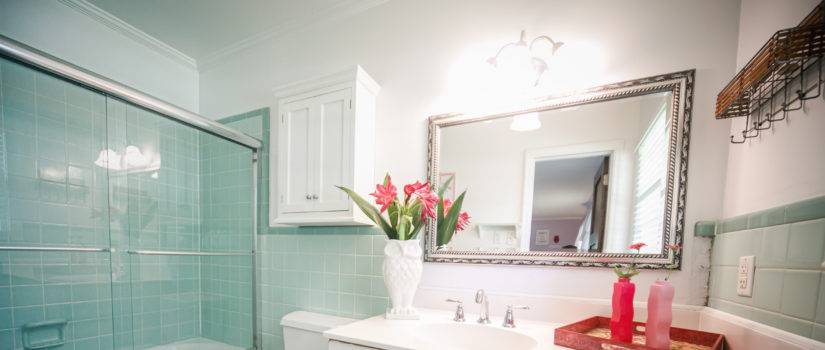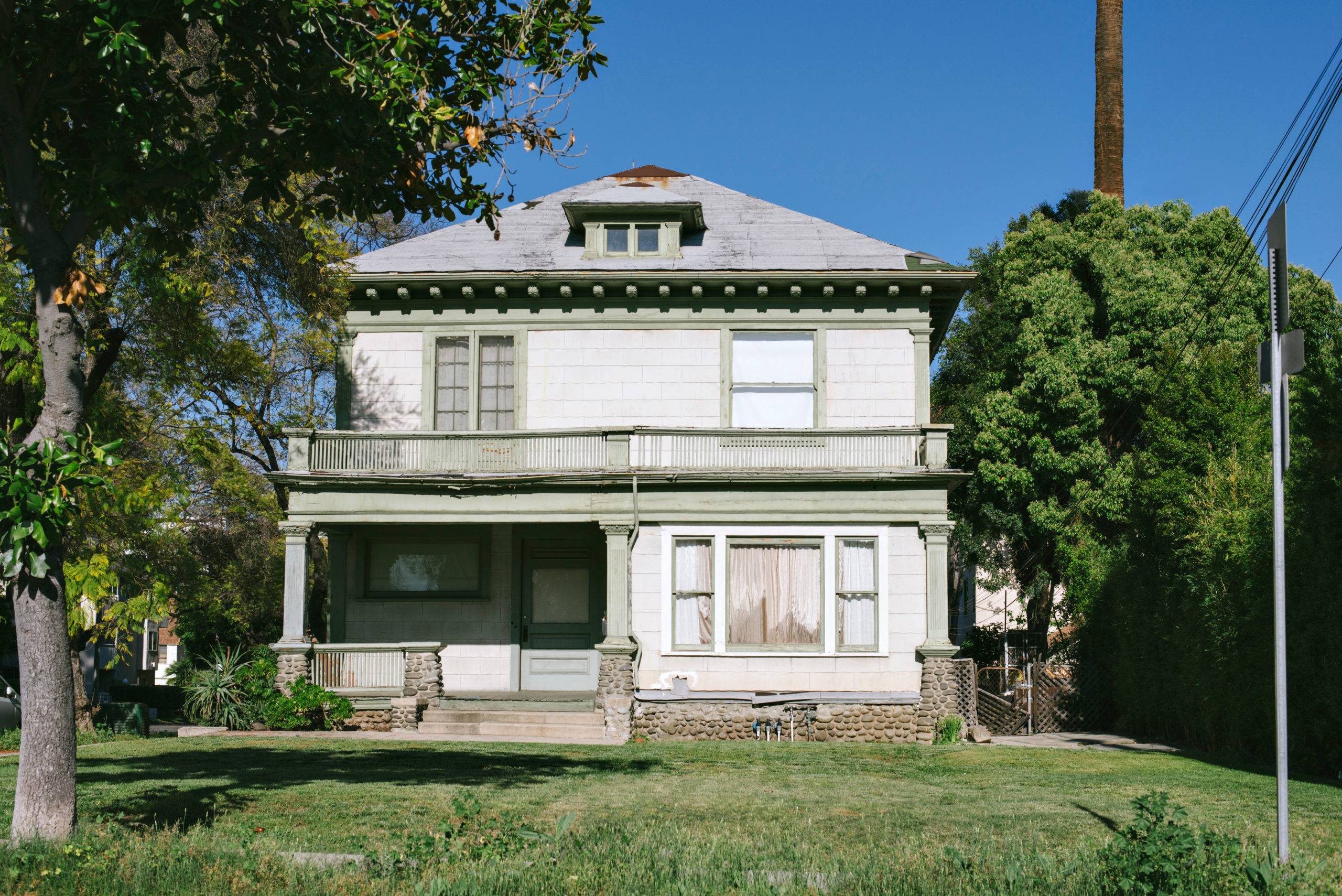Pros and Cons of Buying a Fixer-Upper: Read This First!

Buying a home can be stressful, exciting, and even fun! It’s all about good planning, creating the experience, and realistic expectations. We’ve discussed the importance of choosing a qualified and experienced Realtor to foster a positive home buying experience. Another important consideration is whether to buy a home that requires significant repairs vs. a move-in ready property.
What is a Fixer-Upper?
A fixer-upper is a house available at a lower purchase price because it requires major maintenance work or updates.. While you can still live in a fixer-upper, you’ll need to spend a lot of time and money on structural and/or cosmetic improvements. Maybe you desire “more house” for your money or you are interested in flipping it to make a profit.
Buying a fixer-upper indeed depends on your unique situation. Below are a few pros and cons to consider.
But First: About Your Budget
Buying a house is no easy feat if you’re on a tight budget. It’s no surprise that many house shoppers opt for a fixer-upper over something move-in ready. A fixer-upper house is usually priced less expensively; however, the money you save may not be as great as you think. This is because research suggests that four in ten home repair projects go over budget. The reality is that only about one in five comes in under their budget! Most experts suggest for home buyers to plan to go over budget — that is, add 10-25% to your remodeling budget for unplanned, surprise costs.

Pros:
• One of the best things about a fixer-upper is the opportunity to invest in the areas of the home that matter most to you. Spend a lot of time in the kitchen? Make that one of your top priorities when you’re choosing what you’re willing to spend your budget on for remodeling. You can choose the materials, contractors, colors and finishes and more!
• The opportunities to greatly increase your initial investment can be much higher with a fixer upper than a move-in ready home — if you know what to look for. As with any other major purchase, be sure you do some calculations to ensure the cost of the renovations will yield a return on your investment when you resell your home.
• Projects with generally the best return? Kitchen and bathroom updates along with outdoor, curb-appeal improvements, like a new entry door, landscaping, or paint.
• If you’re eyeing a particularly high-demand neighborhood or area, a fixer upper could be a great option. Heads up: Be sure your updates are aligned with the neighborhood. Otherwise you could have difficulty recouping your remodel investment costs when the time for resale arrives.
• Generally speaking, there is less competition for fixer-upper homes, so you’re more likely to land the home you’d like at your desired price point.
Cons:
• Depending on the renovations, you may end up barely breaking even, or spending more money than expected. While you can run the numbers and estimate how much renovations will cost you, it is almost impossible to nail down an accurate estimate. There will always be surprise costs that pop up.
• Even if you get an inspection, there are almost always unexpected issues, especially if the house is older.
• Unless you can live somewhere else while you’re renovating your fixer-upper, you’ll have to live in a construction zone for weeks….months…or even years.
Home repair projects are not for everyone, though some people LOVE the process! It’s important to weigh your personal tolerance for living in a semi-chaotic environment and inexact estimated costs against the possibility of saving money and making all of your own design decisions and selections.







